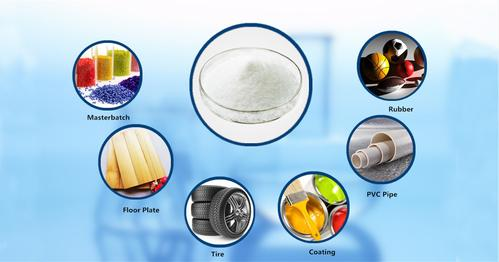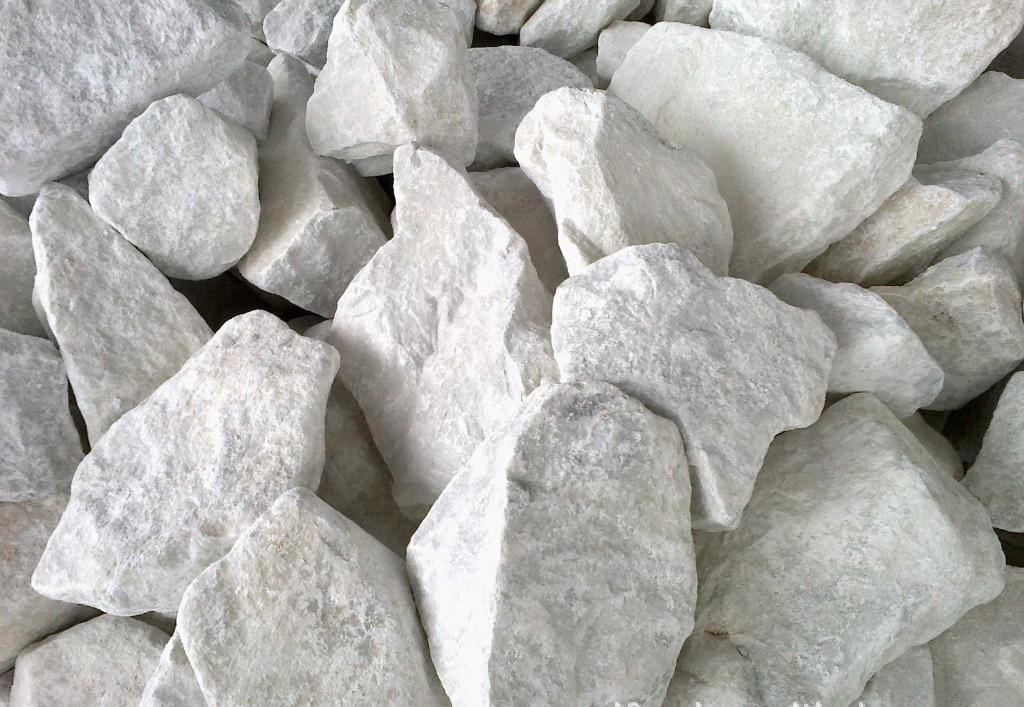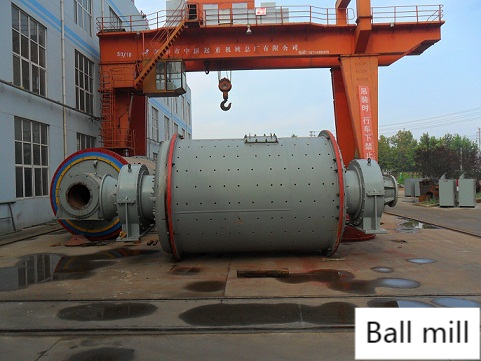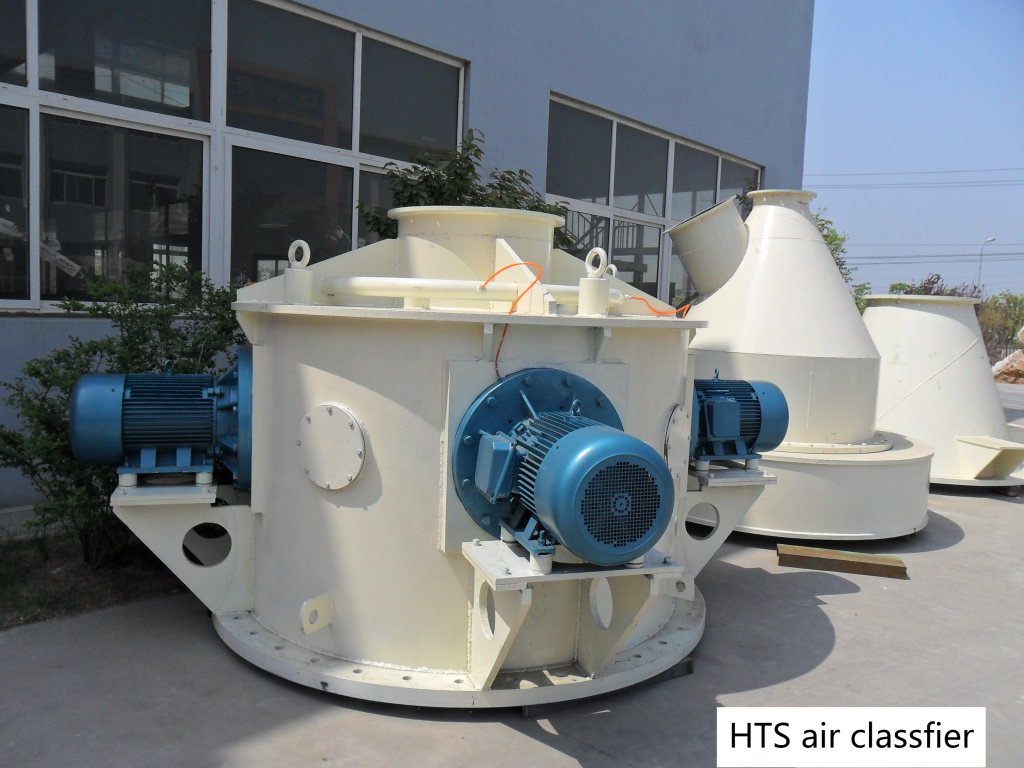Кальций карбонаты, органик булмаган тутыргыч буларак, пластмасса, каучук, каплау һәм кәгазь ясау. Аклык сыйфатын үлчәү өчен мөһим күрсәткечләрнең берсе. Аклык продуктның тышкы кыяфәтенә генә түгел, ә базар бәясенә һәм продуктның кулланылышына турыдан-туры тәэсир итә. Бу мәкалә карбонатның аклыгына тәэсир итүче төп факторлар турында сөйләшәчәк һәм тиешле карарлар тәкъдим итәчәк.

Аклыкка тәэсир итүче төп факторлар
1. Чималның сыйфаты
Акбаш кальций карбонатның аклыгына тәэсир итүче иң мөһим фактор. Пычраклар, мәсәлән: тимер, марганец һәм гидрохлор кислотасы эри торган матдә, продуктның аклыгын сизелерлек киметәчәк. Iron0.12% тимер контаны булганда, марганецның эчтәлеге ≤0.006%, һәм гидрохлор кислотасының эри торган эчтәлеге ≤0.30% булганда, кабул ителгән аклык белән кальций карбонат җитештерелә ала. Тәҗрибәле чимал скринаристлары, тышкы кыяфәтенә карап, известьташның чисталыгы турында алдан карар бирә ала. Гадәттә циан яки ачык соры төстәге известьташ чисталыгы зуррак, тимер һәм марганец кебек пычрак булган известьташ сары, коңгырт яки алсу төсләр белән бизәлгән яки тапланган.
2. Ягулык сайлау
Кальций карбонат җитештергәндә ягулык сайлау да бик мөһим. Антраситтагы күкерт һәм көл кебек пычракларның эчтәлеге кальций карбонатның аклыгына турыдан-туры тәэсир итәчәк. Productionитештерү өчен антраситның күкерт күләме .51.5%, көл күләме ≤25%, һәм башка пычракларның эчтәлеге .022.0% булырга тиеш, аннары ул квалификацияле аклык белән кальций карбонат җитештерү таләпләренә җавап бирә ала.
3. Производство технологиясе
❊ Хисаплау торышы
Тиз вакытның кальцинация торышы кальций карбонатның аклыгына мөһим йогынты ясый. Кальцинация температурасын һәм вакытын катгый контрольдә тоту, тиз вакытны артык яндырмас өчен, шулай ук кок шлак һәм кок ядрәләре кебек пычракларны бетерү кальций карбонатның аклыгын яхшырта ала.
❊ Карбонизация процессы
Карбонизация процессы вакытында Ca (OH) 2 һәм CO2 арасындагы реакция тулы булырга тиеш, алкалы кире кайтмасын һәм агломерация булмасын, шуның белән кристалл кисәкчәләрнең таралышын, кисәкчәләренең нечкәлеген һәм тарату бердәмлеген яхшыртыр. Бу шулай ук продуктның аклыгын яхшырту өчен төп ысулларның берсе.
4. Руданың кисәкчәләре һәм су күләме
Руданың кисәкчәләр күләме никадәр яхшырак булса, аклыгы шулкадәр югары. Ләкин, төрле кулланыштагы минераль продуктларның кисәкчәләр зурлыгына төрле таләпләре бар, шуңа күрә ул һәрьяклап каралырга тиеш. Моннан тыш, рудадагы су күләме дә аклыкка тәэсир итүче мөһим фактор. Рудадагы су күләмен киметү кальций карбонатның аклыгын эффектив рәвештә яхшырта ала.
Aboveгарыдагы проблемаларга җавап итеп, без түбәндәге карарларны кабул итә алабыз
1. qualityгары сыйфатлы чималны сайлагыз
Тимер һәм марганецның аз пычраклыгы булган известьташны чимал итеп сайлагыз, каты тикшерү һәм классификацияләү аша чисталыкны тәэмин итегез. Шул ук вакытта, барлык күрсәткечләрнең җитештерү таләпләренә туры килүен тәэмин итү өчен, химик анализ аша.
2. Ягулык сайлау оптимизациясе
Аклыкка тискәре йогынтысын киметү өчен аз күкертле, аз көлле антраситны ягулык итеп сайлагыз. Моннан тыш, ягулык сыйфатының тотрыклылыгын тәэмин итү өчен ягулык сыйфатын даими тикшерегез.
3. Производство технологиясен камилләштерү
✬ Хисаплау процессы
Тиз вакытның сыйфатын тәэмин итү өчен кальцинация температурасын һәм вакытын оптимальләштерегез. Шул ук вакытта, кальцинация эффективлыгын яхшыртыгыз һәм кальцинация җиһазларын камилләштереп артык яну очракларын киметегез.
✬ Карбонизация процессы
Ca (OH) 2 һәм CO2 арасында тулы реакцияне тәэмин итү өчен, CO2 мич газының чисталыгын яхшырту. Шул ук вакытта карбонлаштыру процессына мониторингны көчәйтегез, алкалы кире кайтмасын һәм агломерация булмасын.

4. Яхшы тарту һәм классификацияләү
Яхшы тарту һәм кальций карбонатны классификацияләү кисәкчәләрнең бердәмлеген һәм нечкәлеген яхшырта ала. Физик ысуллар ярдәмендә кальций карбонатның аклыгын яхшырту - продукт сыйфатын яхшырту өчен эффектив ысул.
5. Химик дәвалау
Кислота юу һәм алкалы юу кебек тиешле химик эшкәртү ярдәмендә кальций карбонатындагы пычракларны бетерү һәм аның чисталыгын яхшырту. Химик дәвалау аклыкны сизелерлек яхшырта ала, ләкин дәвалау процессында куркынычсызлык һәм экологик проблемаларга игътибар бирелергә тиеш.
6. Кушымчалар өстәргә
Productionитештерү вакытында титан диоксиды кебек тиешле күләмдә агартучы агент өстәгез, аклыкны яхшырта ала. Ләкин, продукт җитештерүенә тискәре йогынты ясамас өчен, дозасы контрольдә тотылырга тиеш.
Гомуми күзәтү
Кальций карбонатның аклыгы аның сыйфатын үлчәү өчен мөһим күрсәткеч, ниндидер дәрәҗәдә ул кальций карбонатның кулланылышына һәм базар өлешенә тәэсир итә.
Aboveгарыда әйтелгәнчә, физик ысул кальций карбонатның аклыгын яхшырта ала, ягъни тарттыру һәм классификацияләү, тарткыч һәм классификатор ярдәмендә кальций карбонатны эшкәртү өчен. Daиндао Эпик Порошок Машиналары ООО порошоклар өчен төрле тирән эшкәртү җиһазлары бар, шул исәптән: реактив тегермән, тәэсир тегермәне, шар комбинаты, ролик милl, төрле классификаторлар һәм төрле өслек каплау модификациясе җиһазлары. Алар арасында шар тегермәне һәм классификатор кальций карбонатны яхшы тарту һәм классификацияләү өчен яраклы, шуның белән аклыкны яхшырта.
Әгәр дә сезнең белән бәйле таләпләр яки сораулар булса, зинһар өчен элемтәгә керегез Daиндао эпосы, алар һәрвакыт бар.


